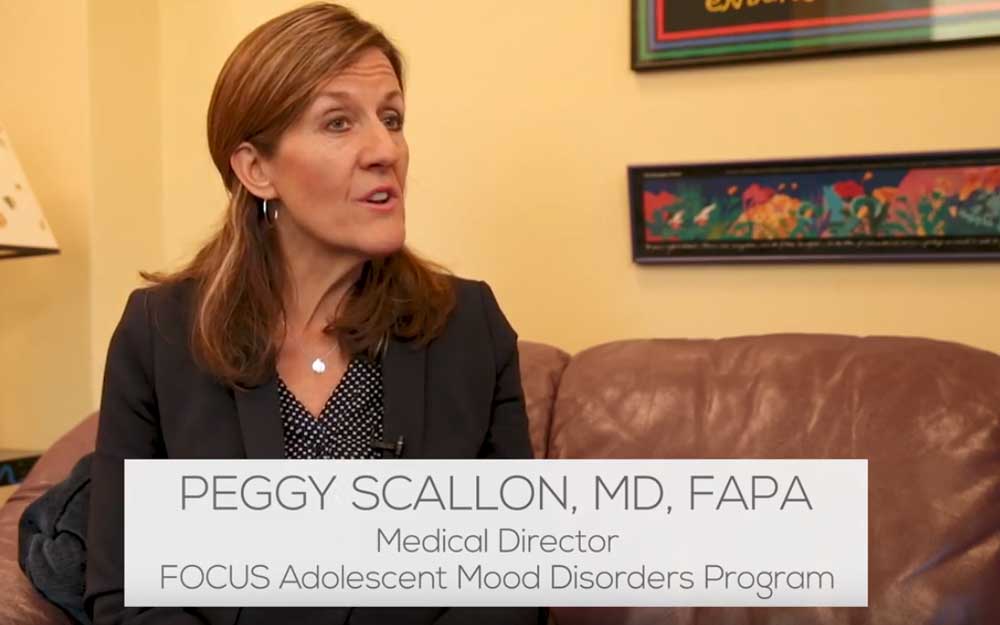Seeing your child struggling with the expected challenges of childhood and adolescence is hard. But when it’s an unexpected challenge like mental illness, it’s even more challenging.
According to the National Institute of Mental Health, 20% of children ages 13 to 18 currently have or previously had a debilitating mental disorder.
When a child is being treated for behavioral problems or mental illness, the caregivers are often consumed with a flood of questions and emotions. Am I saying the right things to my child? How can I help? Will my child ever get better? Was the mental illness my fault? How do I support my child’s mental health needs after treatment?
Family and support network involvement is a key part of Rogers’ therapeutic approach for many of our child and adolescent treatments. These individuals are encouraged to participate in Friends and Family University, a program that educates caregivers in the treatment, recovery, and mental health support of their children.
“There is often confusion about how to best help a child; the caregiver has received all kinds of different messages over the years,” says Dr. Peggy Scallon, medical director of the Focus Depression Recovery Adolescent Residential Care at Rogers in Oconomowoc. “What we try to do is take an educational, supportive stance with parents and others in a child’s support network.”
In Friends and Family University, participants discuss expectations of accountability for a child when they return to life after treatment. For example, ensuring they continue to support treatment strategies — such as expecting their child to attend school and complete homework and chores daily — is critical to advancing their child’s mental health recovery and easing the transition back to home and school. In addition, program attendees learn what to avoid, including not reinforcing bad behavior.
View the video above to hear Dr. Scallon explain more about what parents and families can expect from Friends and Family University.
Friends and Family University is available in the following programs: depression and mood disorders, eating disorders, OCD and anxiety (Exception: Adolescent Center), and the Nashotah Program


